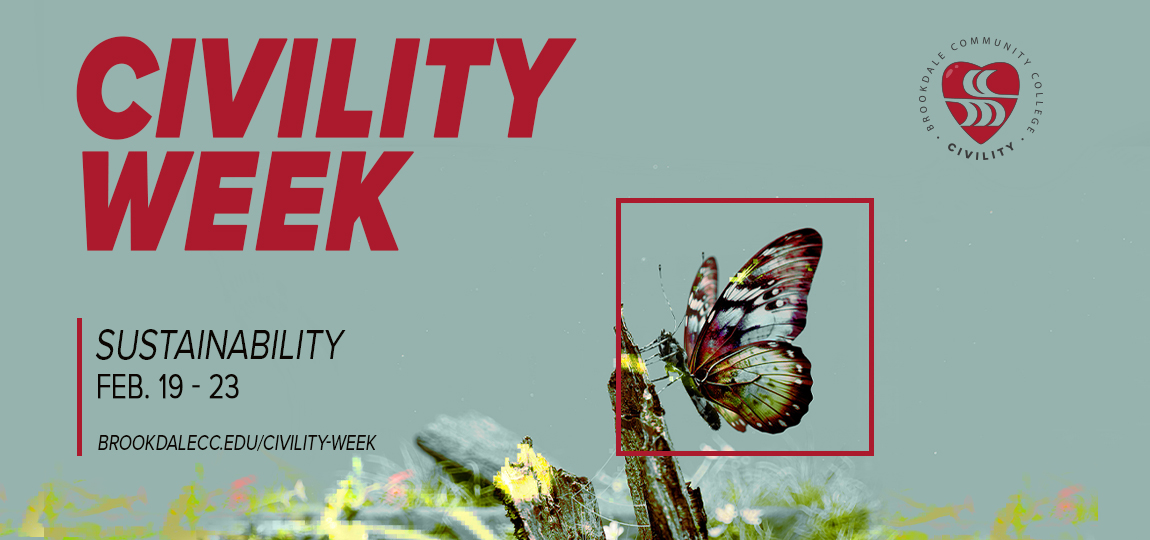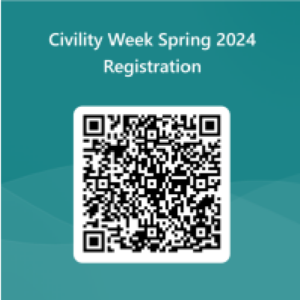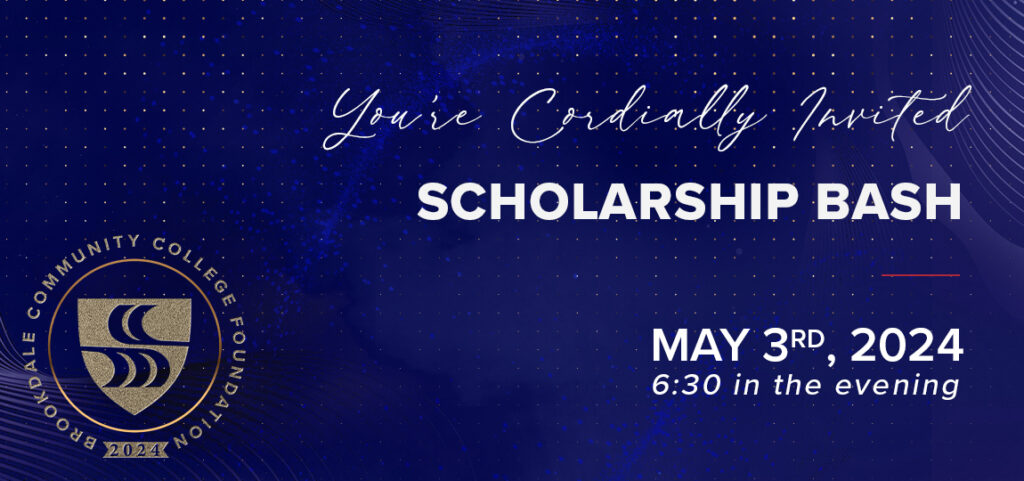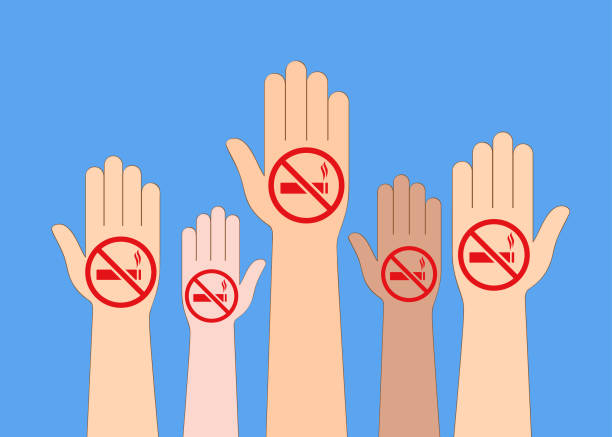
Student Life Center, Twin Lights II, Room 107
Parking lot #7 to SLC
MAP
Click Here or scan the QR code to register for in-person and zoom events
Presented by: Members from the International Student Association, International Education Center
Location: Twin Lights II, Student Life Center (SLC 107)
International students will host a panel discussion on their country’s policies regarding access to healthcare and maternity leave.
1:30 p.m. – 2:30 p.m.
Healthy and Sustainable Diets: Food Access and Behavior Change
Presenters: Dr. Rajkumari Wesley, Professor of Psychology and Faculty Coordinator, Global Citizenship Distinction Program; GCD
Student Panalists: Eden Pela, Morena Traditi and Sergio Nino
Location: Twin Lights II, Student Life Center (SLC 107)
Many diets focus on weight loss and improving overall health, but have you ever considered adopting a diet that promotes environmental health too? Learning how to eat sustainably can benefit your health, your budget, and the planet. For a diet to be considered sustainable, food should be produced in a way that protects the environment and has a low impact on biodiversity, ecosystems, and natural resources. A sustainable diet should also be “nutritionally adequate, safe, healthy, culturally acceptable and economically affordable.”
Click Here to view the Brochure
Upcoming Schedule for the Week:
Healthy and Sustainable Diets: Food Access and Behavior Change
Presenters: Dr. Rajkumari Wesley, Professor of Psychology and Faculty Coordinator, Global Citizenship Distinction Program; GCD
Student Panalists: Eden Pela, Morena Traditi and Sergio Nino
Location: Twin Lights II, Student Life Center (SLC 107)
Many diets focus on weight loss and improving overall health, but have you ever considered adopting a diet that promotes environmental health too? Learning how to eat sustainably can benefit your health, your budget, and the planet. For a diet to be considered sustainable, food should be produced in a way that protects the environment and has a low impact on biodiversity, ecosystems, and natural resources. A sustainable diet should also be “nutritionally adequate, safe, healthy, culturally acceptable and economically affordable.”
Zoom link: Zoom Registration Link
Registration required.
Thursday, February 22, 2024, at 11:45 a.m. – 1:30 p.m.
Cultivating Personal Sustainability Through Mental Wellness
Presented by: The Wellness Center and Associate Professor Marlene Frank
Location: In person Twin Lights I, Student Life Center (SLC 106)
Personal sustainability, within the context of mental health and wellness, refers to the ability of an individual to maintain a state of balanced well-being, resilience, and self-care over time. It involves consciously nurturing the dimensions of wellness within one’s self to achieve harmony and long-term vitality. Incorporating personal sustainability means adopting practices that support mental and emotional equilibrium, even when faced with challenges, stressors, and changes. Within this panel discussion, led by Brookdale employees and various community members, we will explore how to build personal sustainability and resilience to cultivate a positive wellbeing.
2:00 p.m. – 3:00 p.m.
How College U.S. History Courses Can Help Us Sustain American Democracy
Presented by: Members from the History Department at Brookdale Community College
Location: Twin Lights 1, Student Life Center (SLC 106)
In his 1962 publication What is History? Edward Hallett Carr states, “The historian without his facts is rootless and futile; the facts without their historian are dead and meaningless.” Centering their presentation on this notion, that history is a conversation between the past and the present, several Brookdale History Department faculty will use examples and activities to help the audience see how historical study can build skills and knowledge we all need to sustain American democracy today.
Friday, February 23, 2024, at 11:00 a.m. – 12:30 p.m.
The Experiential Democracy Dialogue: A Depth Approach to Social Healing
Presented by: Dr Kirk Schneider; 2022 Candidate for President of the American Psychological Association (APA); Adjunct Faculty, Saybrook University and Teachers College, Columbia University; President of the Existential-Humanistic Institute
Zoom Link: TBD
Dr. Kirk Schneider, a leading spokesperson for existential-humanistic and existential-integrative psychology will introduce and demonstrate his Experiential Democracy Dialogue method, based on his work in recent years to promote cultural and political depolarization. The deep, pernicious, widespread, and dangerous polarization in our societies and world may be one of the most socially and psychologically urgent issues we face right now, and Dr. Schneider posits that it is urgent to address from the standpoint of depth and existentially oriented healing. The Experiential Democracy Dialogue aims to foster a conversation between people who identify as being at opposite ends of an ideological binary. Dr. Schneider will introduce his approach, and then facilitate a live demonstration of it with two people who identify with contrasting sides of a contemporary issue. He will then invite the audience for audience for a brief Q & A on the presentation. It is important to note that the aim of the dialogue is not to debate, but to help us re-humanize our ideological “opponents,” so that we enhance the likelihood of achieving actionable common ground, and if not common ground on policies at the least common ground in regard to broadening our capacity to get along with one another.
1:30 p.m. – 2:30 p.m.
The Different Meanings of Law, Morals and Justice: Accepting and Understanding Each Other
Presented by: Professor Joseph Zavaglia
Zoom link: TBD
The concepts of “what is fair” varies from person to person, situation to situation and often is fueled by a misunderstanding of the three separate concepts of Law, Morals, and Justice. For example, the recent case of Dobbs v. Jackson WHO as it applies to the historical application of judicial philosophy and precedents. Whether the recent United States Supreme Court ruling/review (Dobbs v. Jackson WHO) regarding Roe v. Wade was the dismantling of 50 years of legal precedent or the reinstatement of the previous 150 years of law, understanding the roots of this procedure is crucial in not only understanding the Supreme Court but helpful, if not essential, when discussing current legal issues and the role of the Court. and more importantly acknowledging and accepting different opinions.
 Bookstore
Bookstore  Self Service
Self Service  Video Library
Video Library 




